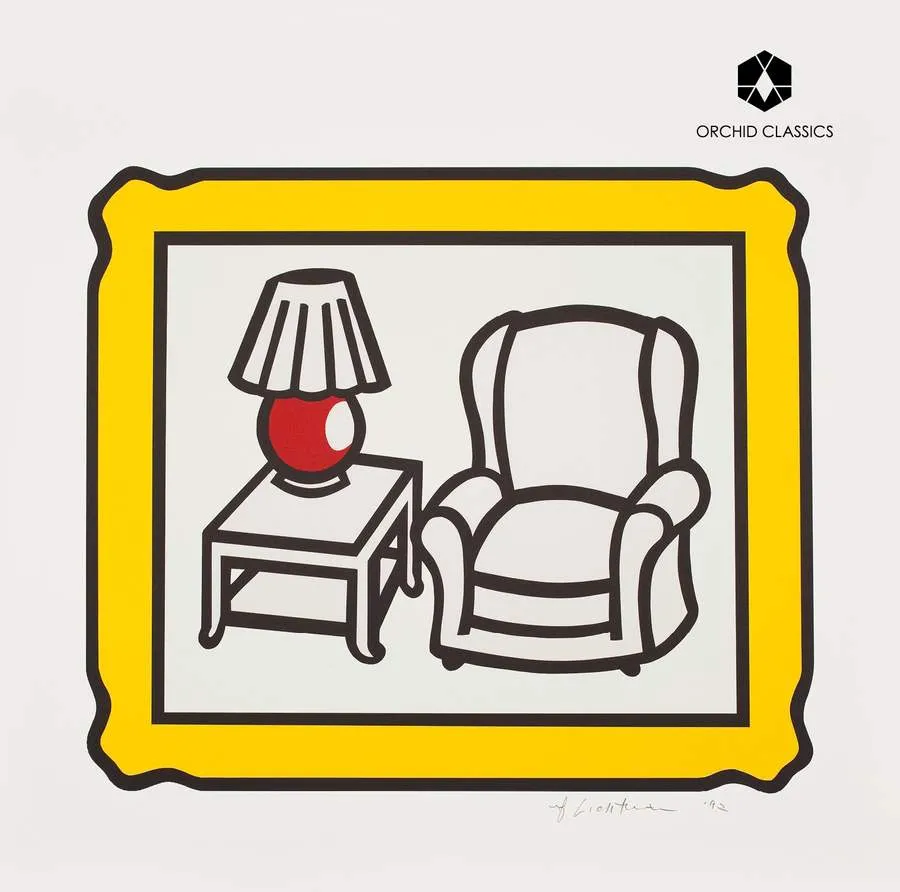
1 2 3 11 Debussy: Première rhapsodie; Fenton: The Snow Leopard; Fitkin: Cusp for Solo Clarinet; Howells: Clarinet Sonata; Poulenc: Sonata for Two Clarinets; Reich: New York Counterpoint (version for amplified clarinet and tape); Roderick Williams: Red Herring Blues Barnaby Robson (clarinet), Rebecca Chamber (viola), Fiona Harris, Simon Chamberlain (piano) Orchid Classics ORC100184 67:51 mins
There are oddities about this recording. One is the title, 1 2 3 11, a reference to the number of players needed for its various pieces. Another is the eyebrow-raising juxtaposition of works by Steve Reich and Herbert Howells, perhaps the first time this has happened in a chamber music recital.
Reich’s New York Counterpoint opens the programme, with Barnaby Robson playing all 11 clarinets Reich used to map the pulsing, veering cityscape of mid-’80s Manhattan. Compared to Evan Ziporyn’s reference 1996 recording (Nonesuch Records), Robson favours warmer tone and a more forwardly balanced sound picture. This somewhat smoothes out the metallic edges Ziporyn finds in the music, and dilutes its heady mix of excitement and alienation.
After Reich, Howells’s Clarinet Sonata seems relatively conservative, but Robson throws a curve-ball by performing an early version of the piece, made before Howells revised it. The opening movement’s oscillations between introversion and animation are commandingly articulated, and the more truculent second movement reveals a rhythmically tight, empathic partnership between Robson and pianist Fiona Harris.
Shorter pieces complete the balance of the programme. In Poulenc’s Sonata for Two Clarinets Robson cheekily plays both parts himself, in a taut, burbling performance. His nuanced account of Debussy’s Première rhapsodie brings dreaminess, delicacy and fleet-fingered virtuosity, while Roderick Williams’s encore-style Red Herring Blues has Robson and pianist Harris trading licks in a fast and furious fashion. By no means a conventionally programmed recital, but one that consistently piques the listener’s attention.
Terry Blain